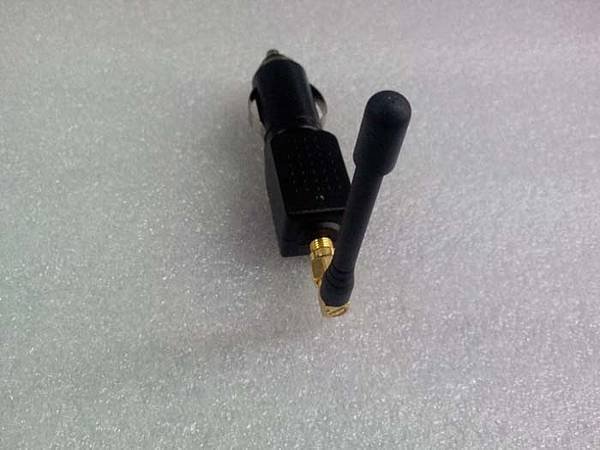What happens when you take steps to ensure a little privacy by blocking your company vehicle’s GPS tracker to hide your location from your boss? A New Jersey man discovered after his gps jamming disrupted "pre-deployment testing of the Ground Augmentation System (GBAS) at Newark Liberty International Airport" was fired from engineering firm Tilcon and fined nearly $32,000 by the FCC Dollar.

According to the FCC, cell phone jamming device have "no lawful purpose" and can only be "sold to the U.S. federal government for authorized official use." GBAS is being tested at Newark Airport and is designed to "provide aircraft near the airport with improved navigation signals to enable precise arrival, departure procedures and terminal area operations." On August 3, the FAA complained of a malfunction during testing. On Aug. 4, a police officer used “direction finding technology” to determine that GPS interference was coming from a red Ford F-150 pickup truck.
FCC agents interviewed the driver, who identified himself as Gary Bojczak, and admitted that he possessed and operated a radio device that interfered with GPS transmissions. Mr. Bojczak alleges that he installed and operated jamming device on company-provided vehicles to interfere with the GPS-based vehicle tracking system his employer installed on the vehicles.
This is the first time the FCC has skipped the warning and instead imposed a hefty fine of $31,875. Officials worked quickly, given that John Merrill, the U.S. Department of Homeland Security's position, timing and navigation program manager, told a GPS conference: "The FAA and FCC worked from March 2009 to April 2011 A single GPS jammer was developed "to locate a jammer operated by another truck driver on the New Jersey Turnpike."
CBS New York interviewed other company-tracked vehicle drivers who aren’t opposed to such GPS tracking by employers. One driver said she had “nothing to hide” from her dispatcher, but there’s a big market—even if it is illegal—for GPS jammers.


 留言列表
留言列表


